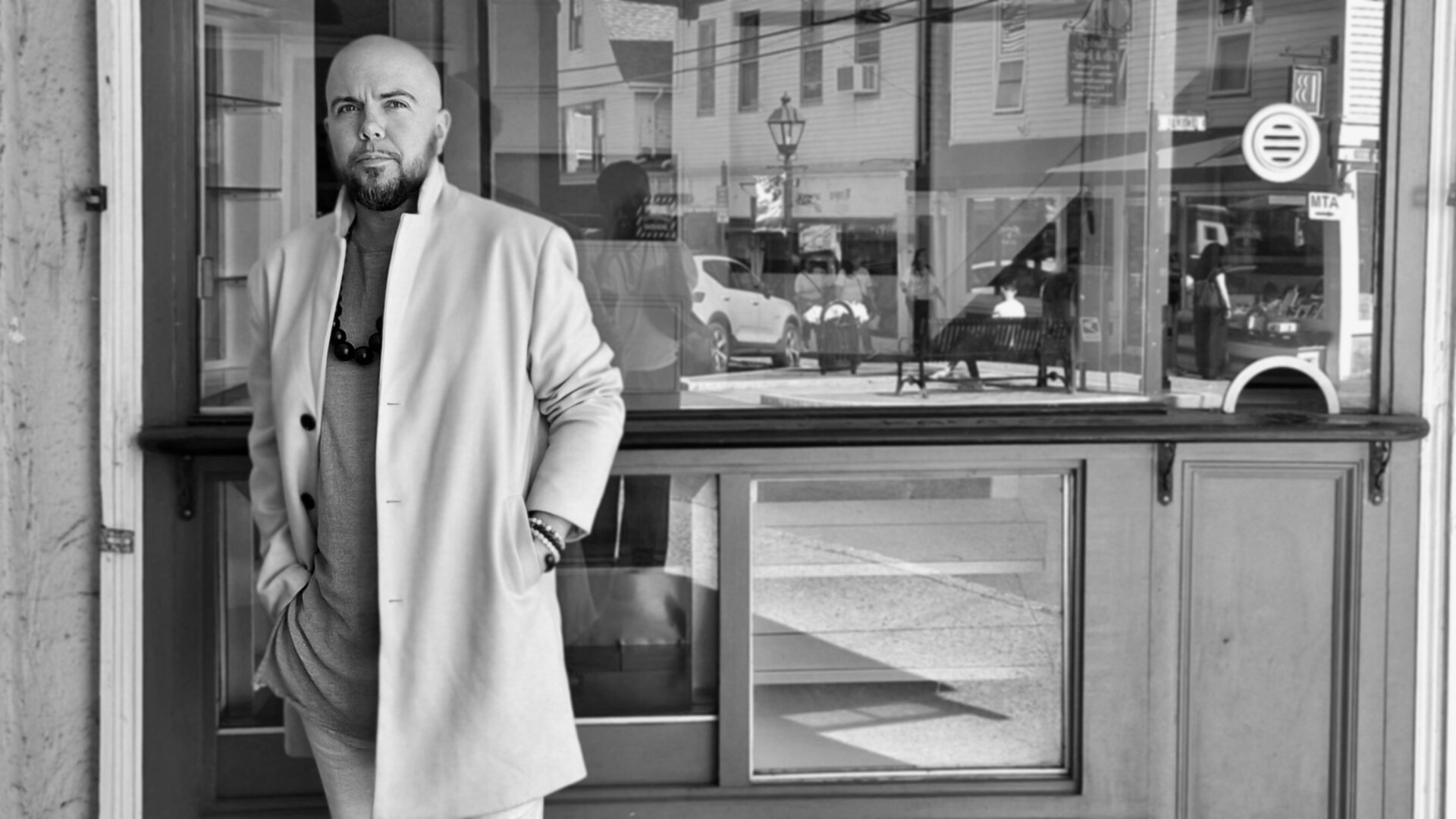We recently had the chance to connect with J. Michael Hayes and have shared our conversation below.
J. Michael, really appreciate you sharing your stories and insights with us. The world would have so much more understanding and empathy if we all were a bit more open about our stories and how they have helped shaped our journey and worldview. Let’s jump in with a fun one: When was the last time you felt true joy?
Joy is a daily practice. More than a goal, it’s the source and what drives the work. It’s in the laughter I get from my youngest son’s unique observations on life, or that moment my wife and I spark a new story idea. Joy is all around and it keeps us going in challenging times.
Can you briefly introduce yourself and share what makes you or your brand unique?
I’m a writer, filmmaker, and creative director. My world is built around story, visuals, and sound. I started in the music business as a songwriter and musician. That lead to an unexpected career as a designer and creative director for 20 years, ultimately circling me back to my earliest loves – story and film.
Over the last several years I’ve been publishing horror and speculative fiction that explores cultures, spirituality, sociology, and the way we see ourselves in the world. My wife, Nekeshia Hayes and I also write and produce films with that same ethos with our production company Cast Iron Rocket.
Okay, so here’s a deep one: Who taught you the most about work?
I’ve had so many incredible friends and mentors, so this is hardly a comprehensive list but there are a few that jump to mind.
Doug Rich, one of my oldest friends and mentors, is a professional musician, business man, father and husband. He broke the starving artist mold for me, really early on.
I was also fortunate enough to spend a little time with Prince (yes, that one) in my early 20’s. He was already a huge influence on me creatively, but I got a deeper insight into him as a person. Words like genius or prodigy get thrown around a lot and I don’t know about all that, I just saw a regular person who exercised an unparalleled level of dedication to his craft. In my mind, his output was a result of that. It challenged me in the best way, and still does.
I’ve also been blessed to have the guidance of authors Tananarive Due and Steven Barnes (Horror Noire, The Twilight Zone). As both collaborators and mentors they’ve echoed the work ethic I saw in Prince, but balanced it with the commitment to family and community I learned from Doug Rich. Beyond that, they’ve reminded me to embrace and create from from that place of the inner child. That joy again, that play! It’s helped me to thrive creatively, professionally and even personally, now more than any other point in my life.
When you were sad or scared as a child, what helped?
It was always story for me. That could be in the form of a song or a book, but especially TV and Film. People like Jim Henson and Gene Roddenberry created universes that I could escape into, but still related back to the world I knew, one I understood was overrun with racism, abuse, poverty, and pollution. It was the optimism or at least self-reflection of those universes that appealed to me more than escapism. It was as if they were saying, “Yes, there are problems. But what if we could solve them? What might that world look like?”
I still find that, whether through representation or a change in perspective, great TV and film can help shape what we see as possible.
Next, maybe we can discuss some of your foundational philosophies and views? What’s a belief or project you’re committed to, no matter how long it takes?
I call myself a pragmatic optimist. I think that’s reflected in my work as well, a sense of optimism, of wonder, while not being blind to the challenges at hand. It’s part of practicing joy.
Sci-fi or horror, even fantasy, doesn’t have to exist in a bubble. I still think the best of genre is informed by how it connects to our reality. You can see that in the work of folks like Rod Serling, Jordan Peele, Octavia Butler, Stephen Graham Jones or Tananarive Due. There’s a beautiful lens of the weird and the fantastic, or the terrifying even, that allows us to see ourselves and our world with more clarity.
My most recent film ‘Syzygy’, currently in post-production, is based on the Afrofuturist work of photographer Lola Flash. It’s core theme is that while tragedy is often what insights revolution, moments of joy and love, visions of beautiful futures, are what truly sustains a movement.
Hate is rigid. It drains you and eventually you’ll tap out. Joy is flexible, and best of all it isn’t finite. Joy and love give the perspective, motivation and strength to fight, to find solutions, or at least prompt conversation about how we move forward.
Okay, so before we go, let’s tackle one more area. When do you feel most at peace?
As a writer, I of course value my moments of quiet, a chance to focus, imagine and create. But equally so, I love shared experiences. On the set, directing actors, and working with the cinematographer to capture the moment just right, there is collaboration and community in that moment that, in spite of it’s intensity, feels incredibly peaceful to me.
But it’s hard to beat just watching a movie with my wife and our three children (near adults actually) and the conversations we have following the film. Those are the moments when all feels right in the world.
Contact Info:
- Website: https://castironrocket.co/
- Instagram: https://www.instagram.com/castironrocketproductions/
- Other: imdb: https://www.imdb.com/name/nm17348351/
creative agency: anansihayes.com
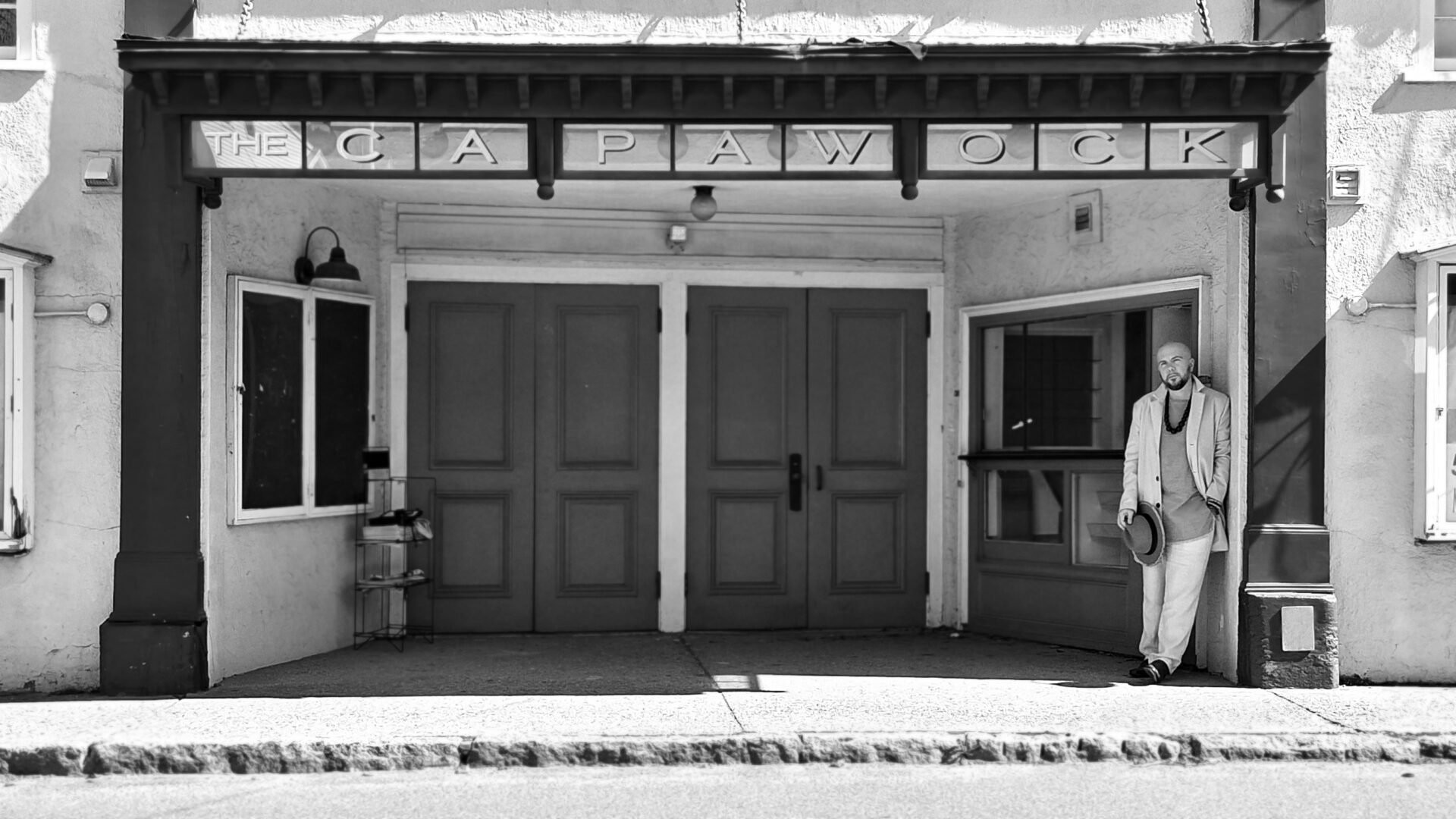
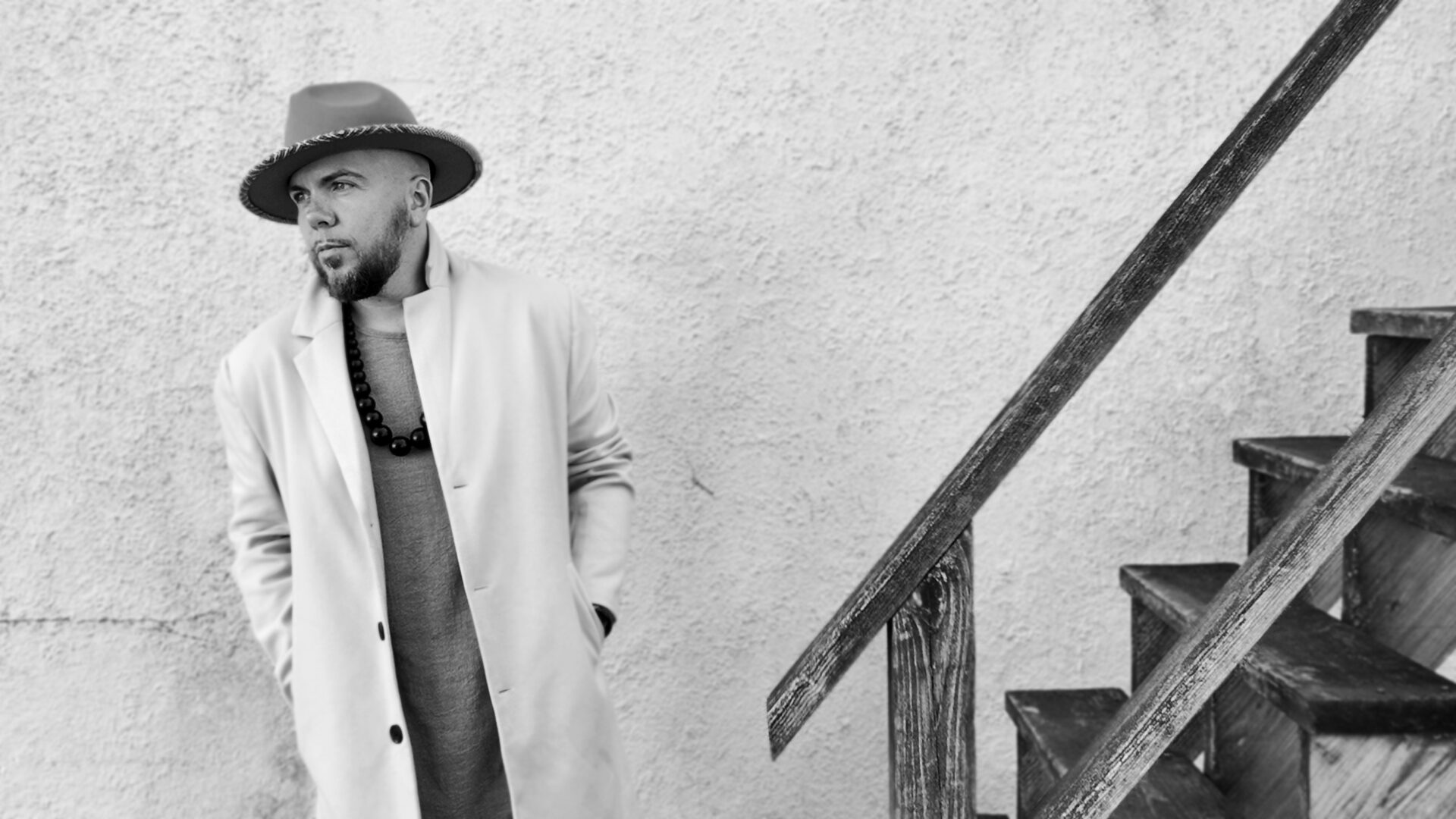
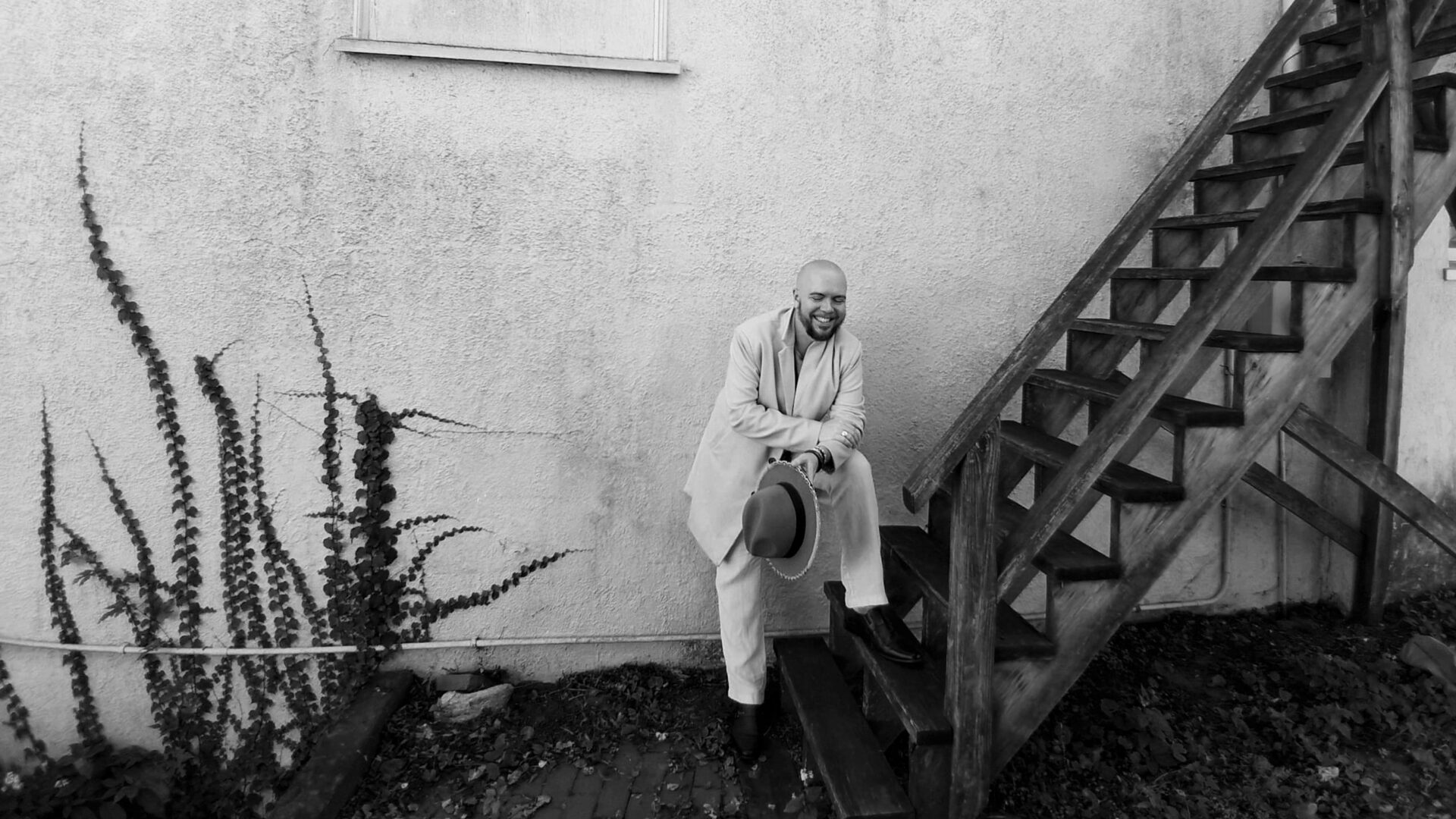
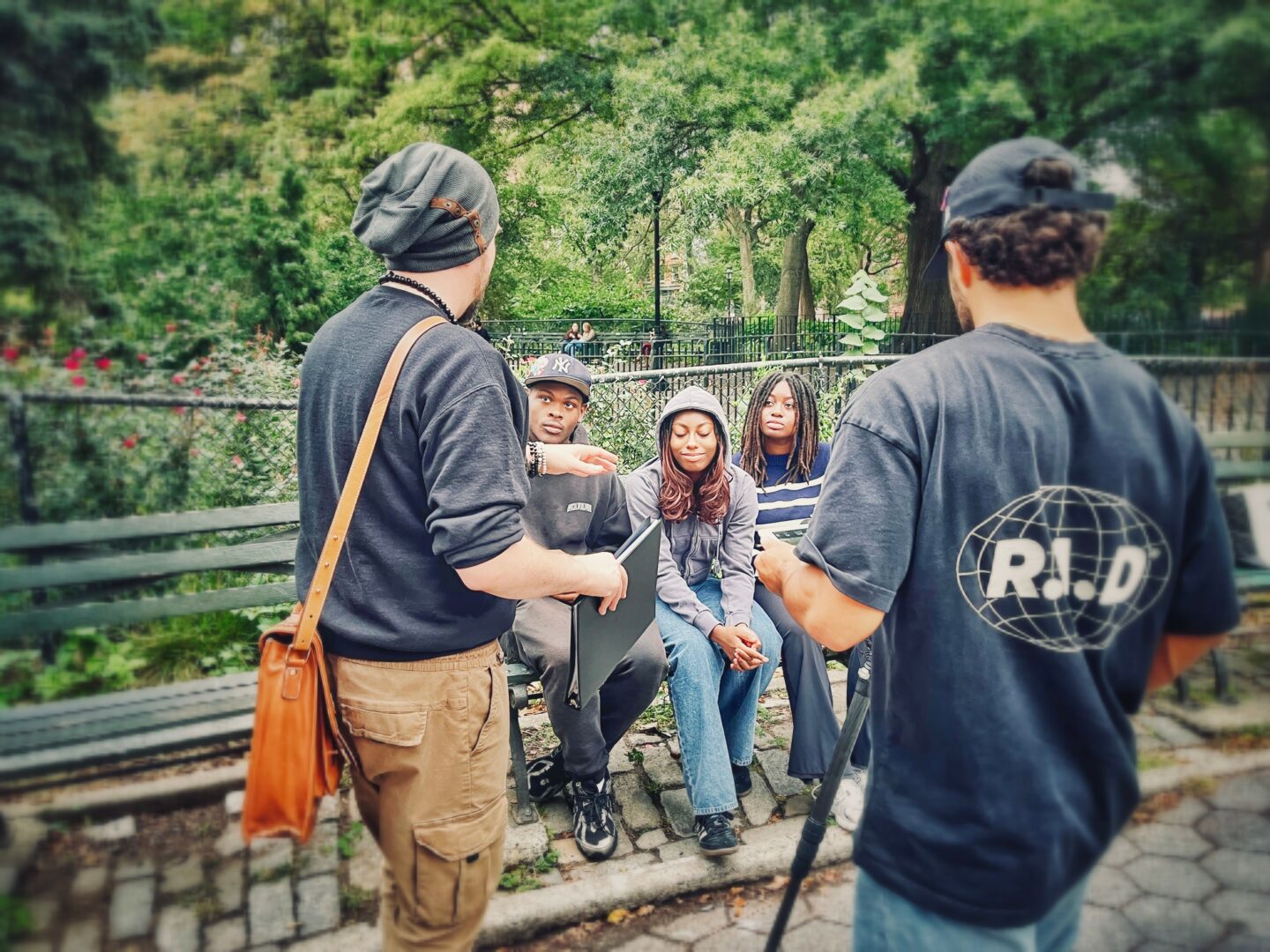
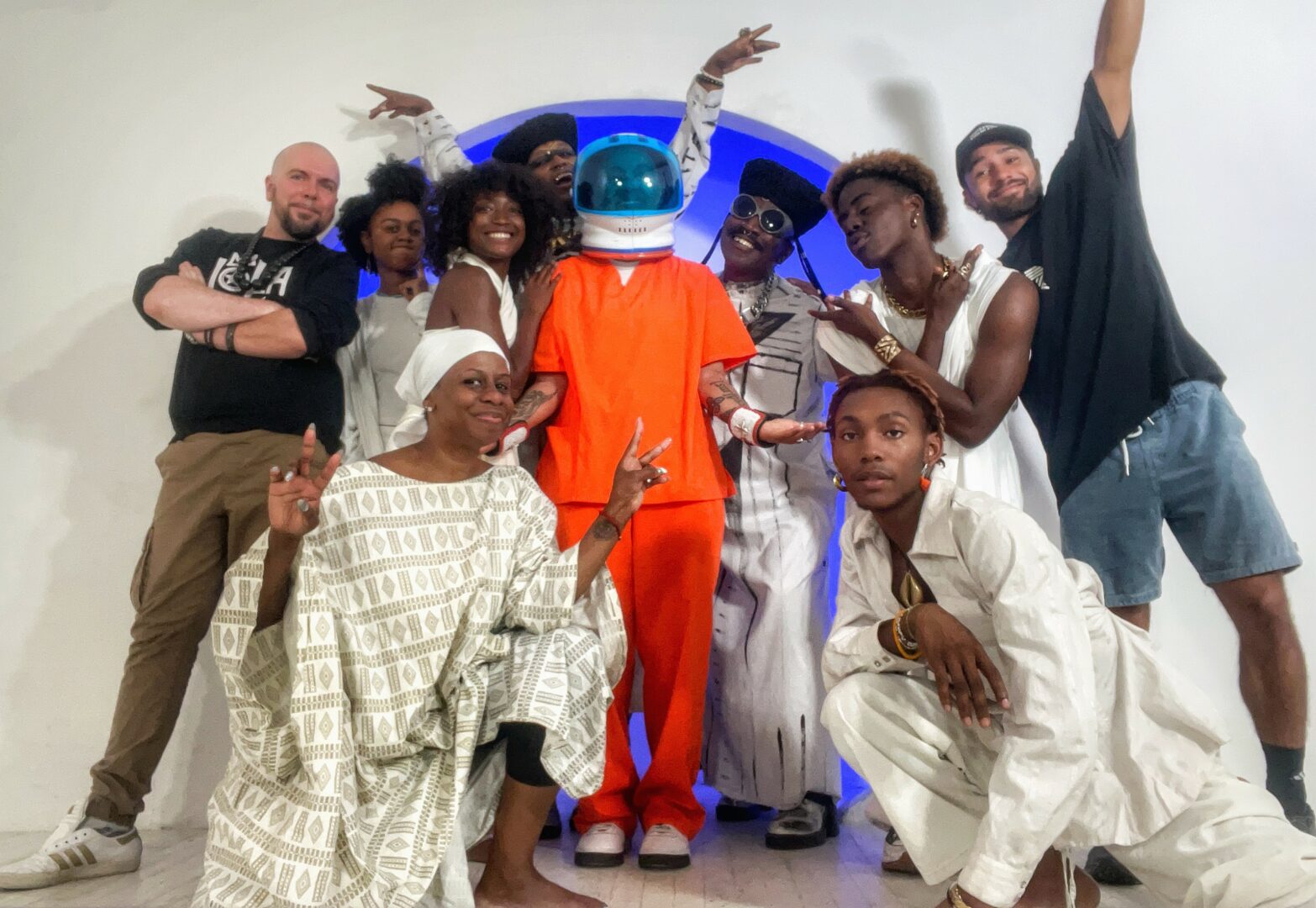
Image Credits
photography by Christian Hayes, Nekeshia Hayes, and Lola Flash
so if you or someone you know deserves recognition please let us know here.

